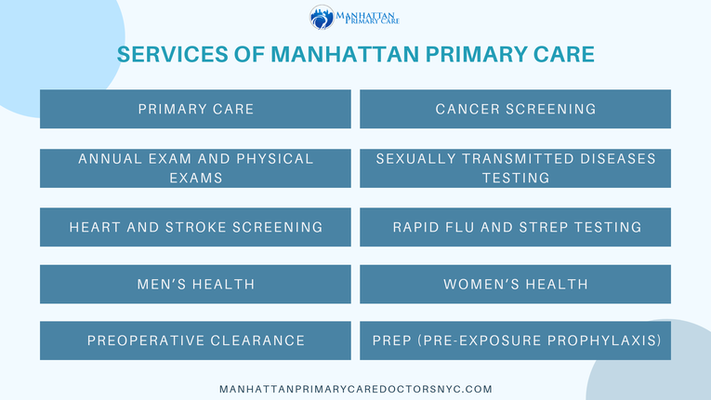
Menopause is a natural event which marks the end of a woman’s reproductive life. All women will experience the menopause as they age, and it usually happens after age forty, with an average age of fifty-one. When a woman goes through the menopause before age forty, it is called premature menopause.
Premature menopause is most often the result of surgery, for example, hysterectomy or removal of the ovaries, or because of medical treatment such as chemotherapy. Natural menopause begins with the perimenopause when the ovaries make less estrogen and periods become increasingly erratic. A woman is considered to be in menopause when it has been a year since her last period.
Menopause Symptoms
Many women, when approaching the menopause, will experience hot flashes, often accompanied by sweating. Some women experience severe hot flashes, while others have relatively mild symptoms. Other possible symptoms include fatigue, depression, headaches, irritability, mood swings, and insomnia.
As estrogen levels decline, it can cause long-term health problems. After menopause women are more at risk of osteoporosis, heart disease, weaker vision, vaginal dryness, poor skin elasticity and muscle power and tone, bladder weakness, and there is an increased risk of Alzheimer’s disease.
Diagnosing the Menopause
Usually, there is no need for diagnostic tests as the signs and symptoms of menopause are clear enough. However, in certain circumstances, midtown doctor of Manhattan Primary Care Center may suggest blood tests and which can check the following:
- Follicle-stimulating hormone (FSH) and levels of estrogen. As menopause occurs, FSH levels increase, and estrogen levels decrease.
- Thyroid-stimulating hormone (TSH) as sometimes the symptoms of menopause are similar to hypothyroidism, an underactive thyroid.
It is possible to purchase over-the-counter tests and which can tell you if you have higher FSH levels. However, levels rise and fall during the menstrual cycle, and these tests alone cannot tell you that you are definitely in menopause.
Read more info: https://www.manhattanprimarycaredoctorsnyc.com/menopause-treatment-nyc-best-doctors-specialists/
Manhattan Primary Care
55 W. 17th Street, Ste 105,
New York, NY 10011
(212) 378-9987
https://www.manhattanprimarycaredoctorsnyc.com
Manhattan Primary Care
983 Park Ave, Ste 1D22,
New York, NY 10028
(212) 389-9929
https://www.manhattanprimarycaredoctorsnyc.com
Manhattan Primary Care
51 East 25th Street, Ste 453,
New York, NY 10010
(212) 389-1877
https://www.manhattanprimarycaredoctorsnyc.com
.png)


.gif)